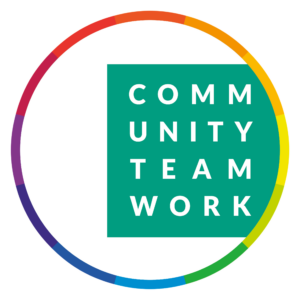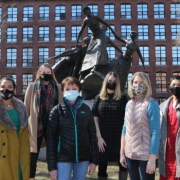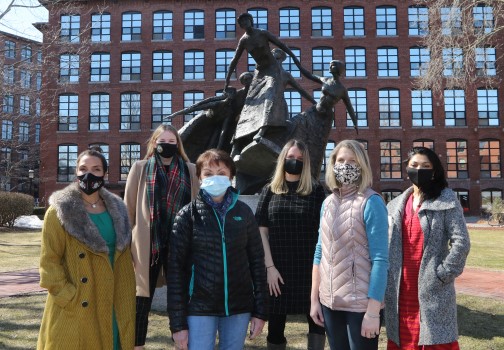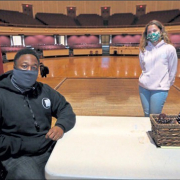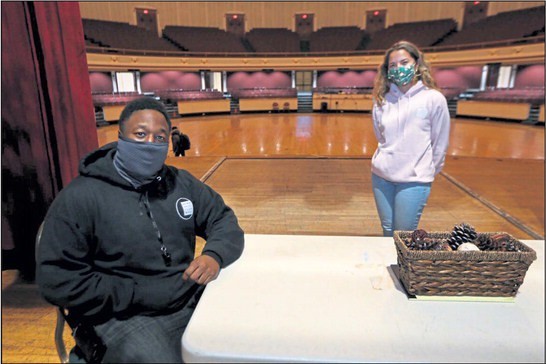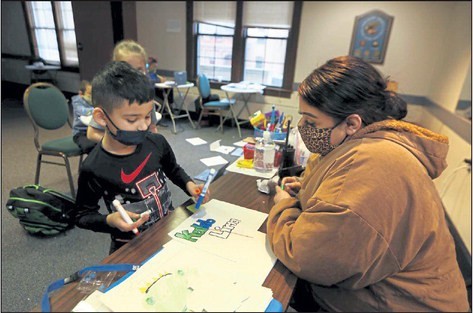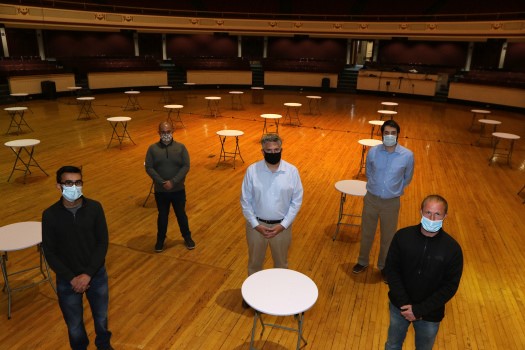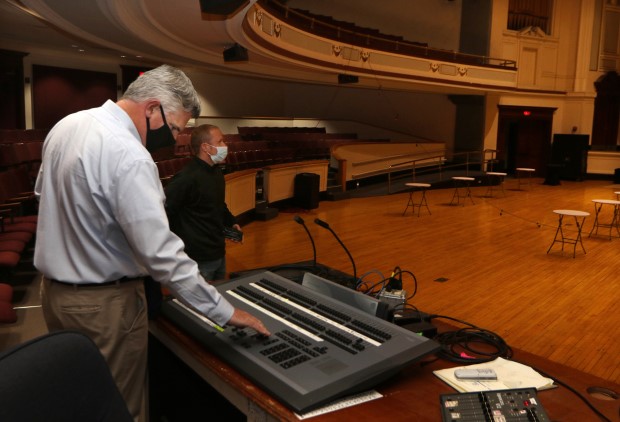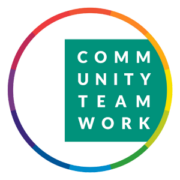
Merrimack River Mariner “crosses the bar”
“Crossing the bar” is a common term in boating that refers to the death of a mariner
Armand ‘Butch’ Milot led Lowell Motor Boat Club

The late commodore in the place he loved, on the Merrimack River, in front of the Lowell Motor Boat Club on July 10, 2018.
By SCOTT SHURTLEFF |
PUBLISHED: April 7, 2021 at 6:14 a.m. | UPDATED: April 7, 2021 at 6:15 a.m.
LOWELL – “Crossing the bar” is a common term in boating that refers to the death of a mariner.
Last month Armand “Butch” Milot “crossed the bar” at 71 years old, but his bright spirit continues to moor itself inside the Lowell Motor Boat Club.
Milot was the longest serving commodore in the 146-year-old club’s history, serving at its helm for 27 years, overseeing finances, maintaining the boathouse and recruiting members to the popular club whose ocean is a wonderful stretch of the Merrimack River upstream from the Pawtucket Dam all the way into Southern New Hampshire.
In his wake and at his wake, a community grieves but remains grateful to have known the man who touched so many lives.
“He was a great leader,” said long-time member John Marchand. “He was not afraid to get his hands dirty; grab a shovel in the winter or cut the grass. When other members see him doing maintenance, they would chip in. Everything is done in-house and Butch was the one to delegate. And no one questioned him; out of respect for the man not so much the title.”
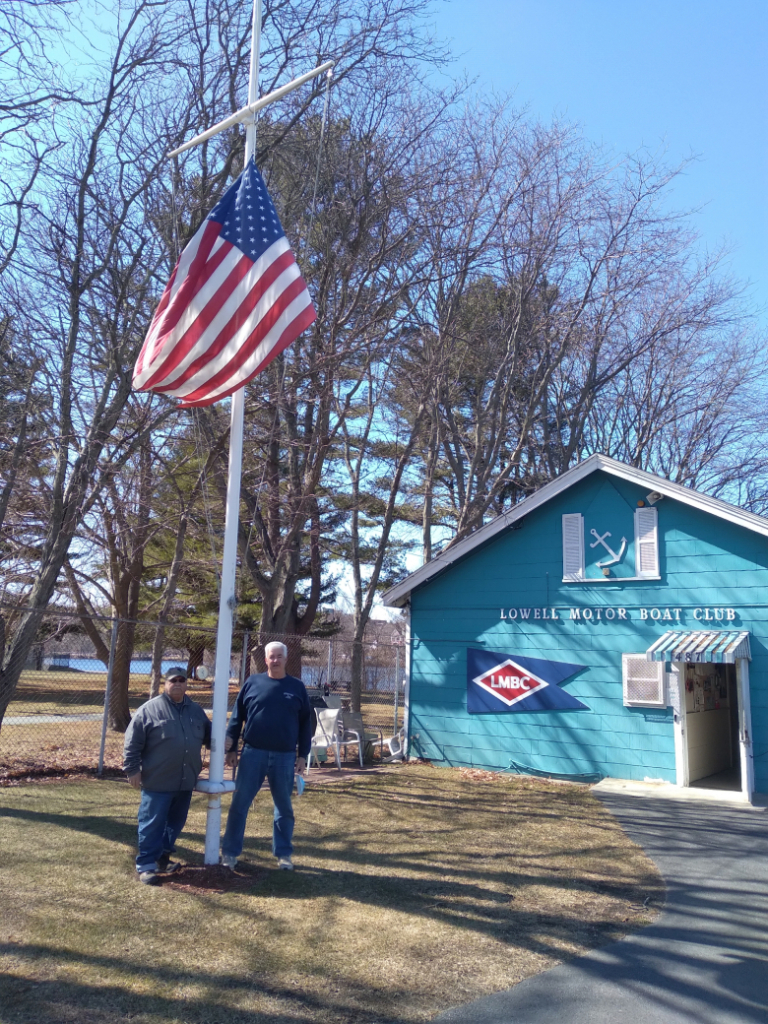
The flag at the Lowell Motor Boat Club recently flew at half-mast to honor the passing of the club’s longtime leader, Armand “Butch” Milot. Milot’s friend, John Marchand, left, and the club’s new commodore, John Manning, admire the flagpole that Milot installed.
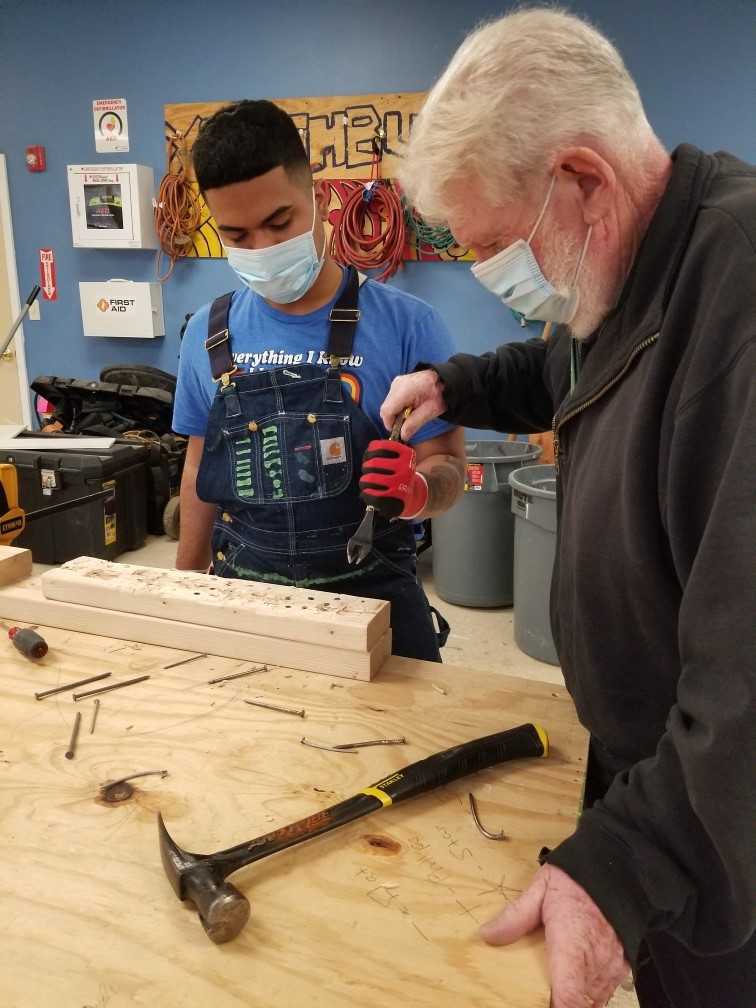
In October 2020, Armand “Butch” Milot with YouthBuild member Derek Monroig.
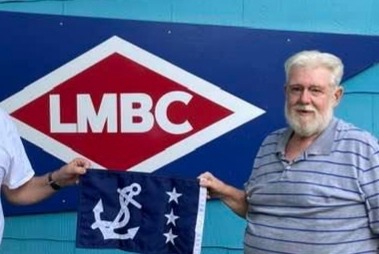
Armand (Butch) Milot receiving his well-deserved Retired Commodore’s Flag on 30 June 2020 after serving as Commodore of the Lowell Motor Boat Club for 27 years. Butch was the longest serving Commodore in the club’s 146 year history.
The late commodore in the place he loved, on the Merrimack River, in front of the Lowell Motor Boat Club on July 10, 2018.
Also speaking reverently was incumbent commodore John Manning, of Westford, who replaced Milot a year ago.
“When Butch died (March 8, 2021) we not only lost an incredibly effective commodore, we lost our friend.” Manning proudly shows guests at the LMBC the changes, upgrades and additions that Butch made to the old building.
A sunroom that overlooks the river toward the spires of Lowell General Hospital is named in his honor. An upstairs deck hosts cookouts, a coffee spot on the front lawn hides in the shadow of an adjacent flagpole.
All of these are part of Milot’s legacy. His efforts as commodore include the construction and reconfiguration of docks and mooring points.
“He was the first to offer the Lowell Police Department free dock space at the club,” said Manning.
As the river has gained in popularity among recreational boaters and personal watercraft, that space has been key for local public safety personnel. River One is the Lowell Police Department vessel that still rests at the ready at LMBC. The Lowell Fire Department also has access to emergency launches.
“The U.S. Coast Guard Auxiliary holds annual ‘safe boating’ classes for the public. This is another way that Butch gave of himself,” Manning said.
The Lowell Motor Boat Club was founded in 1875 and incorporated in 1937. The current boathouse at 487 Pawtucket St. was constructed in 1937, after the Great Flood of 1936 destroyed the original building.
The club is entirely volunteer-based, meaning members enlist to help with upkeep such as mowing the lawn and pulling the pier from the water at the end of the season.
But his impact extends far beyond the single acre parcel along the southern bank of the Merrimack on Pawtucket Street.
At CTI’s YouthBuild, Milot was known as Armand.
“We didn’t know who ‘Butch’ was,” said Siobahn Sheehan, program manager of YouthBuild. “I didn’t even know he was the commodore of the club.”
He kept the many personal and professional roles separate from each other but treating each with fervor, enthusiasm and the focus to perform it successfully. His lifelong vocation as a contractor led him to YouthBuild, where he served as crew leader and teacher for more than three years.
“He was a staple here as construction supervisor,” said Sheehan. “He was great with the kids,” she said of his work with the group of at-risk youth under his tutelage. “He taught them carpentry and trained them how to get certified. Vocational school atmosphere, great role model beyond the trades, professionalism and accountability. There is a huge gap in the soul of our student body.”
Aside from the many homes that Milot and his students built, they also boast the construction of two horse barns at Andover’s Ironstone Farm, where DeeDee O’Brien formerly served as
executive director. “He supervised the whole project, the volunteers and the kids from YouthBuild. Everybody worked together,” she said.
Merrimack River mariner “crosses the bar” – Lowell Sun
